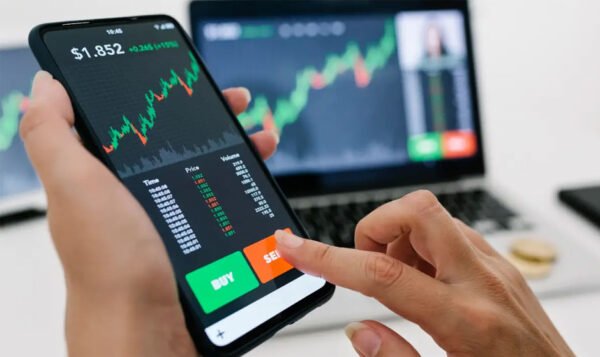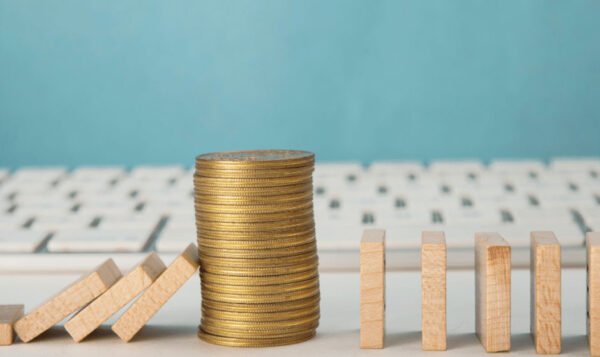Inside an Australian Bullion Store: What to Expect When Buying Locally

For many Australians, gold, silver and other precious metals provide an unmatched sense of security when it comes to investing. But if you’ve never been into a bullion store before, the experience can feel strange. Here’s what to expect during a visit, from consultation to collection.
A Quiet, Professional Environment
Bullion shops are often found in central business districts or protected retail sections. They are designed for privacy, with waiting areas away from consultation rooms. You won’t see gaudy showrooms; it’s all about security, reliability and personalised service.
Security at the Front Door
Prepare yourself for security protocols before entering a bullion store. Most stores are equipped with camera surveillance, reinforced doors and a buzzer system. Employees have been trained to check customers discreetly but to high-security levels.
One-on-One Consultations
After check-in, you will be led to a private room or partitioned booth where you will meet with a bullion consultant. This step in the process focuses on helping you figure out your goals with the investment. Whether you’re purchasing just a single ounce or are thinking longer term, the staff are ready to guide you in navigating options.
Transparent Pricing
Bullion prices are real-time prices reflecting the latest spot prices available globally. Trustworthy merchants post live rates on digital boards or online. There are also premiums to cover fabrication, logistics, and retail service—this is always clearly itemised throughout your consultation.
Products Available for Exploration
There are many forms of gold and silver bullion—coins, bars, wafers—with varying degrees of market appeal. Other buyers prefer government-minted coins so they’re recognisable. Some prefer cast bars, which have lower premiums. Items are subject to the availability of stock with the supplier and demand.
Cloud vs. Local Storage: Some Options
You will be presented with the option of taking physical delivery or storing your bullion with the dealer. Many stores work with offsite secure vaults, and some offer allocated storage where every item is linked to your name. It also discusses home safes and private vaults.
Verifying and Authorizing Claims
Before payment, the bullion is displayed to you for examination. All the items are authenticated and weighed before you. All purchases are accompanied by a tax invoice, serial number (if necessary), and purity certificate. This paperwork is critical for resale or insurance.
Payment Methods Accepted
The majority of bullion shops accept bank transfers, BPAY or cash within legal limits. However, card payments can be limited as a result of processing fees and fraud protection policies. To avoid delays, confirm if your preferred method is applicable and then finalise the transaction.
Processing Times for Order Fulfilment
If the bullion piece you want isn’t available, the store will special order it from its refinery or wholesaler. This process usually takes anywhere from 3 to 10 business days. You’ll get notified when it’s ready for pickup or shipping.
Collection or Delivery in a Secure Manner
For in-store pickup, appointments are generally made in low-traffic periods. You will have to show a photo ID and your order number. If you’re using delivery, it’s done via insured courier with tracking and a signature-on-arrival requirement.
Confidentiality and Privacy
Australian bullion dealers are subject to anti-money laundering and privacy laws. These guidelines stipulate that you must identify the customer for any transaction implementation over AUD 10,000. Even so, personal information is handled confidentially and used solely for compliance and verification.
What do buyback services do?
If you choose to sell your metals, the majority of bullion shops will have buyback programmes. These rates reflect the spot market with a small margin taken out. You can make things simpler by bringing your original purchase documents and storage certificates.
The Difference Between Local Bullion Stores
Local shopping allows product preview, in-person querying, and immediate assistance. It also eliminates the wait times required for international shipping and the import taxes that diminish overall investment value.
Learning the Australian Market
Australia is among the world’s largest gold-producing countries, and domestic demand for it remains strong. The Perth Mint and Royal Australian Mint are two of the most frequently sought-after bullion producers. Australian demand for gold coins and bars was 20.6 tonnes in 2023, one of the highest among Asia-Pacific countries, according to the World Gold Council.
Buyers with Tax Considerations
Investment-grade bullion (having a purity level of 99.5% for gold and 99.9% for silver) is generally exempt from GST. But collectors’ items and jewellery might be excluded. It’s probably prudent to verify with the dealer regarding the tax implications or with an accountant for investment strategy.
A Word on Counterfeits
All stock is verified by reputable dealers using an XRF scanner and/or assay tools. That is why buying from reputable stores gives peace of mind.
Some stores make every effort to assist customers well after the sale, with investment seminars, research and online tools. This information acts to better educate new buyers on market trends and historical performance, leading to more informed decisions.
Conclusion
Bullion stores in Australia provide a simple, safe, and knowledgeable pathway to purchase gold or silver. It’s a wise way to grow real wealth, with personalised service, strong verification and local know-how.
Considering diversifying your holdings? Visit your local bullion store and learn more about how precious metals can help with all your long-term financial aspirations.



